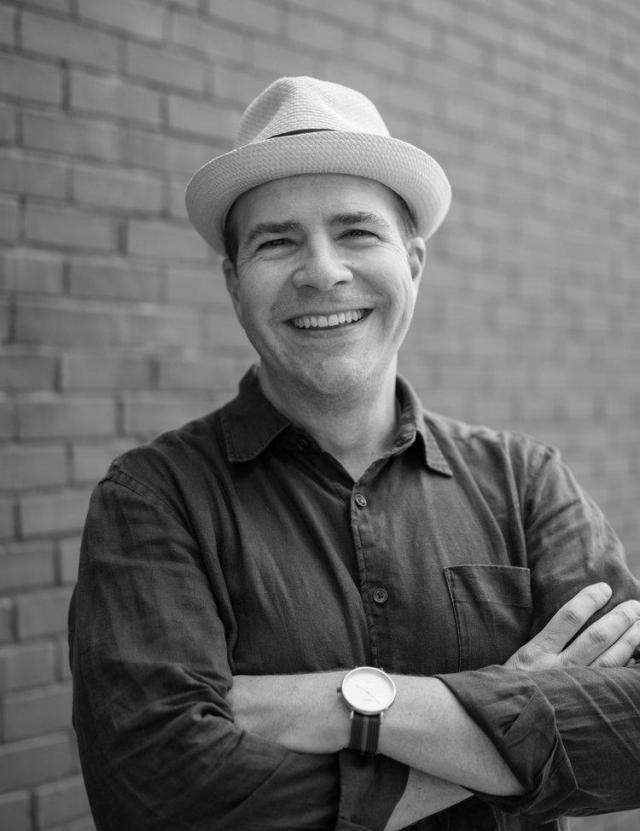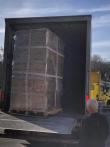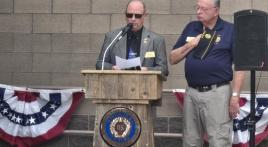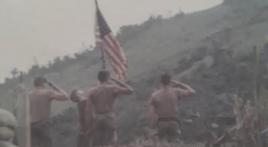I studied World War I in high school and college, but I don’t remember reading about the Christmas Truce in any of my textbooks. If I had, I certainly would have remembered. This extraordinary event took place in 1914, the first year of the war, and was never repeated. Thousands of men put down their guns and left their trenches to meet their enemies in No Man’s Land. They exchanged gifts of tobacco, rum, and chocolates; even photographs of loved ones. They sang songs, played a game of soccer, and buried each other’s dead. Upon orders from above, they eventually returned to their trenches and re-instigated a war that would last four more years. So why did I not learn of this remarkable event? The propaganda machine of war is powerful, and news of soldiers fraternizing across enemy lines would put a human face on the Germans and readily undermine public support for the war. The heroes of this story are the lowest of the ranks — the young, the hungry, the cold and the optimistic — those who acted with great courage to put down their guns, overcoming a fear that placed a gun in their hands in the first place. Their story puts a human face on war, and that’s the story I hope to tell.
I am interested in creating performance where the content dictates the form. In the creative process, I continually ask myself: If the characters were left to their own devices, how would they tell their story? What language, what tools were available to them? There was our answer — radio. Radio was critical to military operations; it was the primary means of mass communication and mass entertainment. Our piece would be a radio musical drama, using only the tools of radio: music and text. The music ranges from trench songs to patriotic and sentimental tunes, as well as Christmas music from the participating countries. The text is taken from a wide range of sources including letters, journals, official war documents, poetry, gravestone inscriptions — even an old radio broadcast.
One of the reasons I love working in the theater versus film or television is because the theater is a two-way street. It asks the audience to engage their imagination in order to complete the story. So, here are the words and the songs of these remarkable men. Completing the story, putting a human face on war — well, that’s up to you. To the thousands of men who changed history, thank you. May we do your story justice.

Creating All Is Calm
October 22, 2018
About the author:
Peter Rothstein has directed 56 mainstage productions for Theater Latté Da, including 10 world premieres. Other recent collaborations include the Guthrie Theater, the Children’s Theatre Company, Minnesota Opera, the Illusion Theater, Ten Thousand Things and Seattle’s 5th Avenue Theater. He is the creator of All Is Calm: The Christmas Truce of 1914 and Steerage Song – a new musical created in collaboration with Dan Chouinard. Recently, Peter was named the 2015 Artist of the Year by the Star Tribune. He has previously been named Theater Artist of the Year by Lavender, and Best Director by City Pages. He has been awarded grants and fellowships from the National Endowment for the Arts, Theatre Communications Group, the Minnesota State Arts Board and the McKnight Foundation. He holds a B. A. in Music and Theater from St. John’s University and a Master of Fine Arts in Directing from the University of Wisconsin-Madison.
Web site:
https://alliscalm.org




